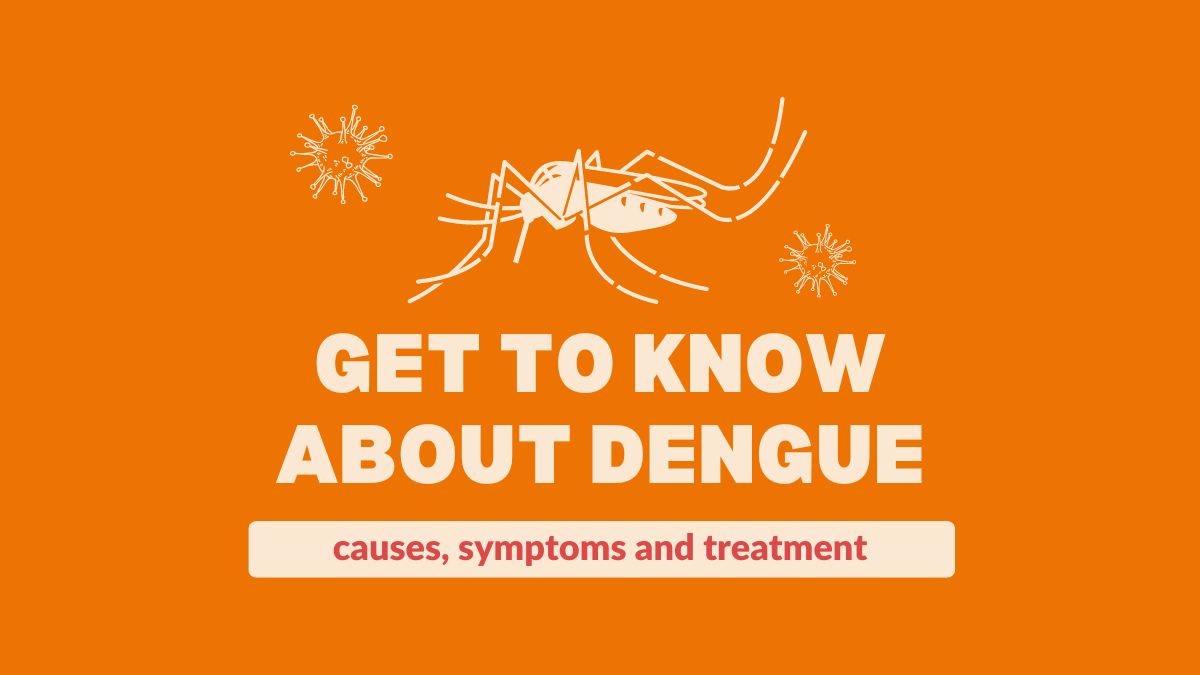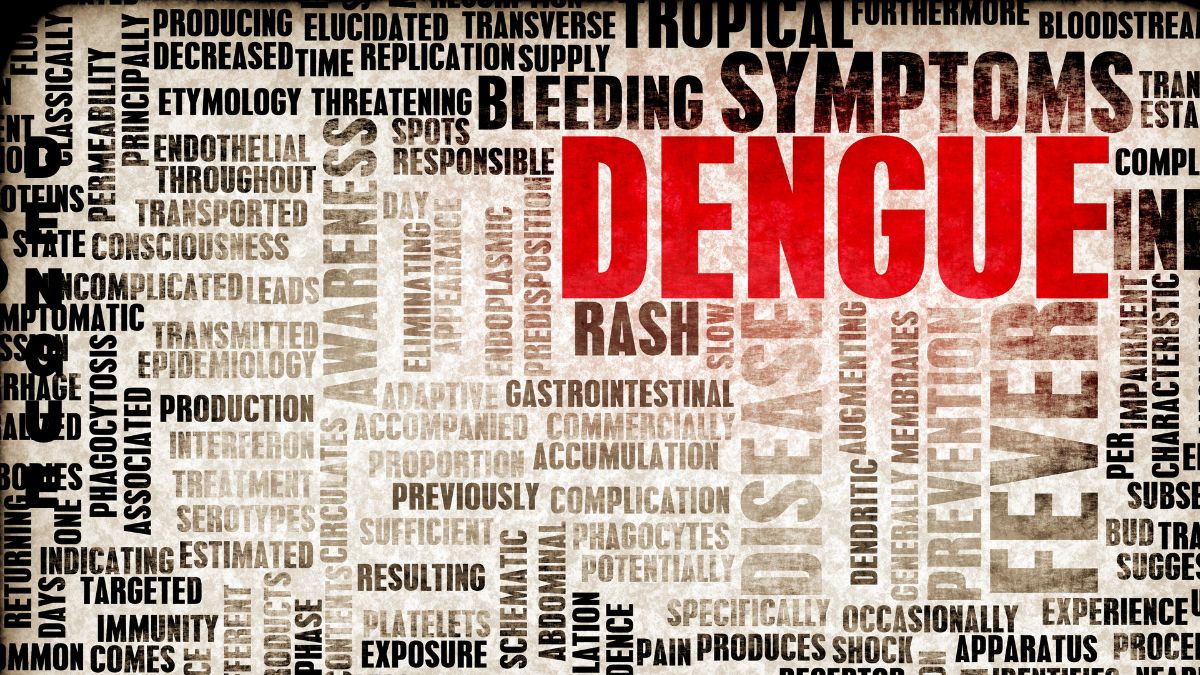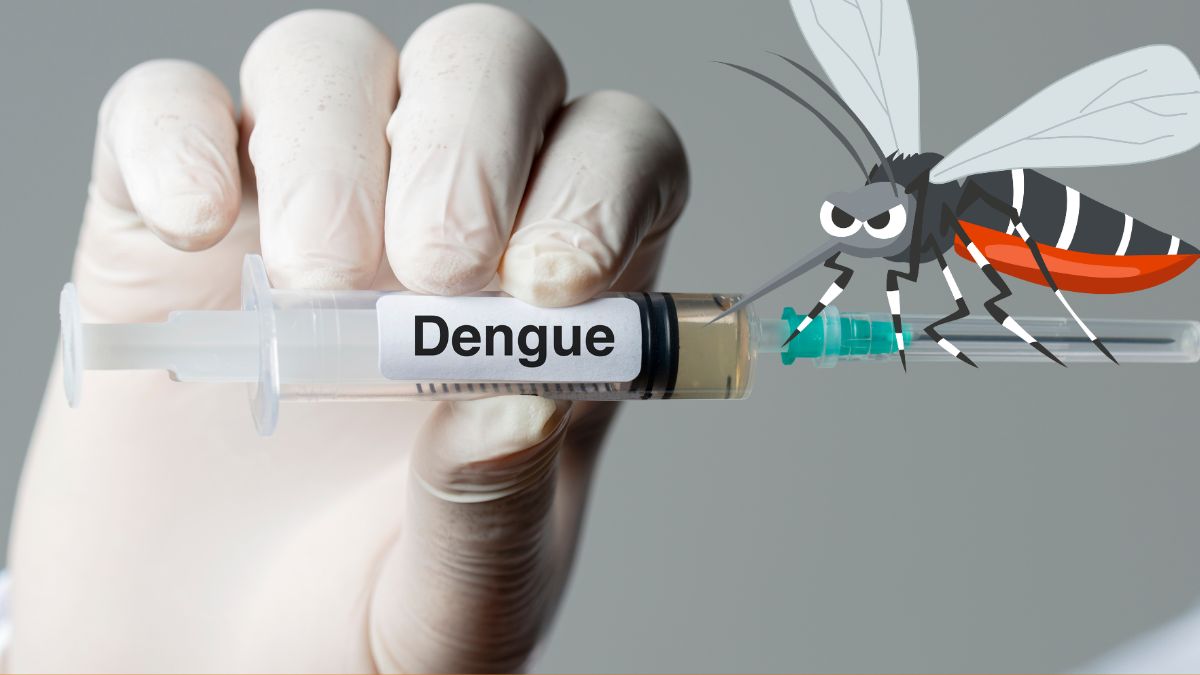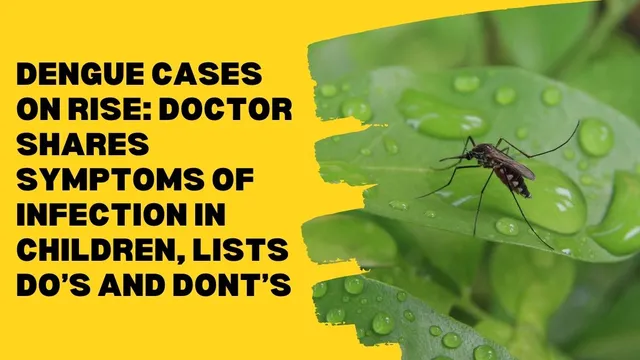- By Priyanka Munshi
- Thu, 04 Jul 2024 02:23 PM (IST)
- Source:JND
Recognising the symptoms of dengue, particularly in children, is essential for prompt and efficient treatment that can potentially save lives. Children are especially susceptible to the severe symptoms of dengue fever because of their immature immune systems. Dengue is a viral infection spread by mosquitoes. Early signs include high fever, excruciating headache, discomfort behind the eyes, aches in the joints and muscles, and a rash.
In children, these symptoms can occasionally be confused with common viral infections, so parents and other caregivers need to exercise caution. If the initial symptoms of dengue are not adequately treated, severe dengue—also referred to as dengue hemorrhagic fever—may develop. More significant side effects include intense abdominal pain, persistent vomiting, bleeding, and difficulty breathing.

Early symptoms of dengue fever includes high fever, headache, eye discomfort, joint and muscle aches, and a rash.(Image Credit:Canva)
Effective illness management depends on early detection of these symptoms and prompt medical intervention. In order to further lower the risk of dengue, it's important to recognize and implement preventive measures. These include dressing children in protective clothing, using mosquito repellents, and eliminating standing water where mosquitoes thrive.
In a conversation with Jagran English, Dr. Suresh Kumar Panuganti, a lead consultant in pediatric critical care and pediatrics at Yashoda Hospitals in Hyderabad, discussed the increasing number of dengue cases. Here are some of the symptoms of infection, especially in children, along with a list of dos and don'ts.
What Is Dengue Fever?
Dengue fever is a viral infection transmitted primarily by Aedes aegypti mosquitoes, which are most active during the day. Dengue fever is prevalent in various parts of India and sees a rise during the monsoon.
-1720083044843.jpg)
These dengue fever symptoms can be mistaken for common viral infections, so parents should be cautious.(Image Credit:Canva)
Symptoms Of Dengue Fever In Children:
High grade fever is associated with severe headaches (usually behind the eyes), generalized body aches (typically described as bone breaking fever), and severe myalgia (muscle aches). Occasionally, children can have abdominal pain and nausea or vomiting; some children develop rashes over the body, and in severe cases, children develop bleeding manifestations (bleeding from gums, skin bleeds, blood in stools).
Diagnosis And Treatment:
Diagnosis is based on clinical symptoms and signs and clinical suspicion. Treatment is mainly supportive and involves the involves the treatment of complications (most of which usually occur after the fever subsides).
Fluid therapy is the mainstay of treatment. Prevention and monitoring, once diagnosed, are the keys.
Here's a comprehensive guide on the Do's and Dont's for Dengue in children:
Do's:
1. Seek Medical Attention Promptly:
If your child shows symptoms such as a high fever, severe headache, pain behind the eyes, severe joint and muscle pain, a rash, or bleeding, seek medical help immediately.
2. Monitor fluid Intake:
Encourage your child to drink plenty of fluids, like water, oral rehydration solutions, coconut water, and fresh fruit juices, to prevent dehydration.

Severe dengue, also known as dengue hemorrhagic fever, may develop if not treated.(Image Credit:Canva)
3. Use Mosquito Repellents:
Apply mosquito repellents and use mosquito nets or screens on windows and doors.
4. Wear Protective Clothing:
Dress your child in long-sleeved shirts, long pants, socks, and shoes when they are outdoors, especially during dawn and dusk when mosquitoes are most active.
5. Create A Mosquito-Free Environment:
Remove stagnant water from around your home, as it serves as breeding grounds for mosquitoes. Empty and clean containers that can collect water, such as flowerpots, birdbaths, and pet bowls.
6. Rest And Recovery:
Ensure your child gets plenty of rest to aid in their recovery. Avoid strenuous activities until they are fully recovered.
Dont's:
1. Avoid Aspirin And NSAIDs:
Do not give aspirin or non-steroidal anti-inflammatory drugs (NSAIDs) such as ibuprofen to your child without consulting a healthcare professional, as they can increase the risk of bleeding complications.
2. Do Not Ignore Symptoms:
Don't ignore symptoms such as persistent vomiting, severe abdominal pain, difficulty breathing, or bleeding under the skin. Seek medical help immediately if these occur.

To reduce the risk, preventive measures like wearing protective clothing, using mosquito repellents, and eliminating standing water where mosquitoes thrive are essential.(Image Credit:Canva)
3. Do Not Self-Medicate:
Avoid giving over-the-counter medications without consulting a healthcare provider, as some medications can worsen Dengue symptoms.
4. Do Not Leave Standing Water:
Don't leave containers that can collect water uncovered or around your home. Mosquitoes breed in stagnant water, so eliminating these breeding sites is crucial.
5. Do Not Delay Medical Consultation:
If Dengue fever is suspected, do not delay seeking medical advice. Early diagnosis and management are essential for better outcomes.
By following these dos and don'ts, parents can significantly reduce the risk of dengue fever in their children and ensure prompt treatment if necessary. Awarene

